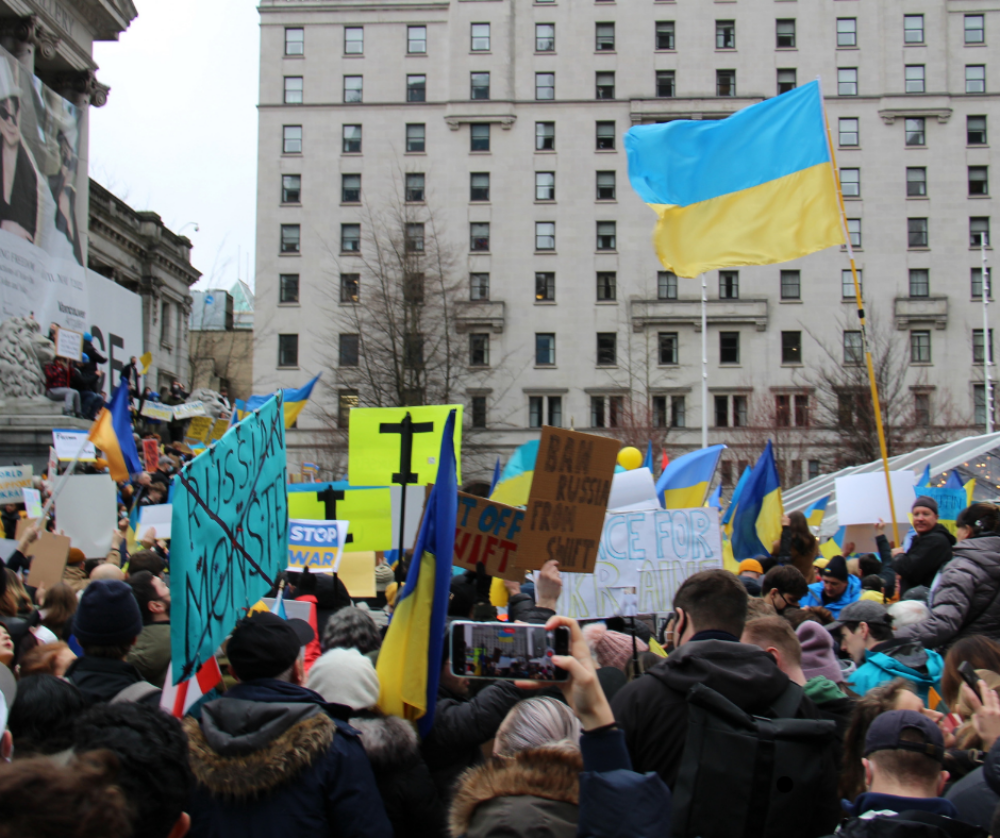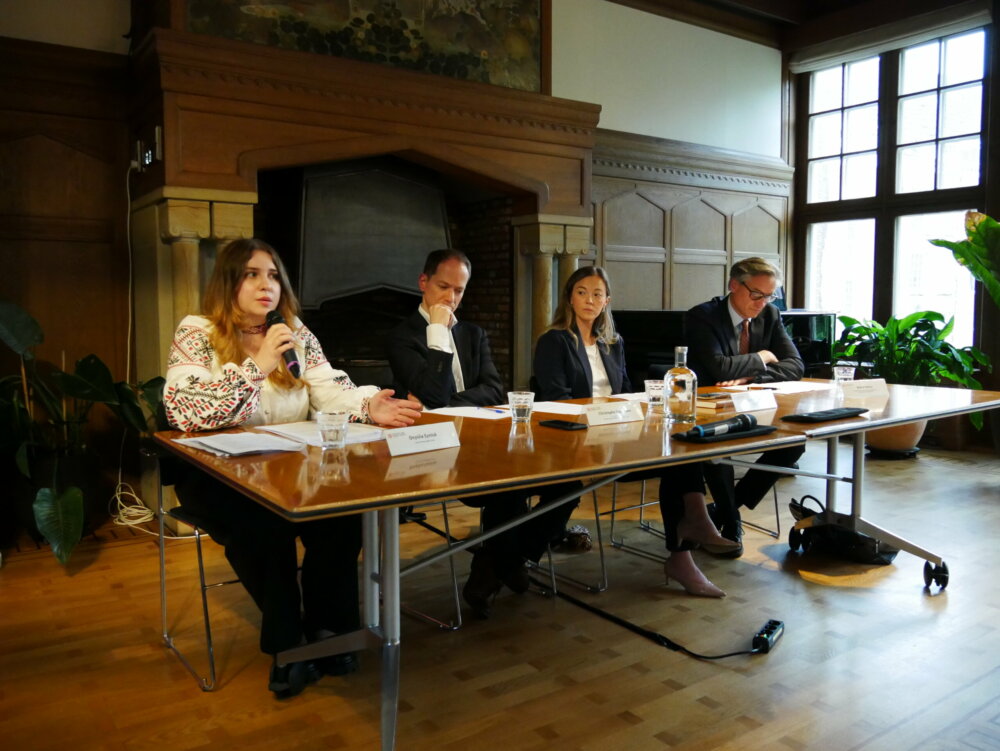Online Debate on How to Reinvigorate Euro-Atlantic/Eurasian Security: Input to the Final Report of the OSCE Panel of Eminent Persons
At the 2014 OSCE Ministerial Council meeting in Basel, the then Swiss OSCE Chairmanship – in close cooperation with the incoming Serbian and German Chairs – launched a Panel of Eminent Persons. This Panel was mandated to elaborate recommendations on how to reconsolidate European security as a ‘common project’ in view of the crisis in and around Ukraine and the crisis of European security in general.
The original aim of the Swiss Chairmanship was to launch the Panel by consensus of the 57 OSCE participating States. Yet, despite broad support from participating States, a group of states had reservations and doubts about the Panel’s usefulness. One of the main concerns was that such a Panel of Eminent Persons could distort the role of the OSCE as the main forum for political dialogue on European security. In addition, there were fears that Russia might misuse the Panel and use it as an excuse to discontinue the dialogue within the OSCE. One of the more legitimate concerns was that the Panel would be perceived as too independent and as disconnected from the OSCE, rendering its recommendations less relevant for OSCE participating States.
Despite these divergent views, the ‘Panel on European Security as a Common Project’ started its work in 2015 and is currently in the process of writing an interim as well as a final report that should address broader issues of European security. For this purpose, the Chairperson of the Panel, Ambassador Wolfgang Ischinger, has requested input (in a letter dated 22 April) from OSCE participating States’ relevant governmental bodies as well as think tanks and academic institutions. In the letter, Ambassador Ischinger encouraged input on the following specific questions:
1. Where has the OSCE been most successful in the last 25 years?
2. What do you see as the causes of the current crisis?
3. How can we return to a dialogue on co-operative security in the OSCE area in which international law and OSCE principles are respected? What needs to be done to recreate trust and confidence?
4. Is there common will to reconfirm and reinvigorate the existing elements of co-operative and comprehensive security and reaffirm fundamental principles of the international security system?
5. How can arms control, including CSBMs and discussions on military doctrines, contribute to a re-strengthening of co-operative security?
6. Why has the OSCE been unable to make progress on the protracted conflicts and what innovative approaches could be devised for better early warning, prevention, management and resolution of conflicts, including protracted conflicts?
7. Are there ways we can avoid economic relationships becoming a cause of tension?
8. How can the OSCE contribute to tackle more vigorously new forms of security threats such as cybercrime, growing intolerance and discrimination, economic and environmental challenges, energy security, climate change, etc.?
9. Can the OSCE Human Dimension be further developed?
In order to contribute to the Panel’s final report and to initiate an open debate, the Security and Human Rights Blog will publish a number of ideas related to the above questions. Readers are invited to comment on blogs and to engage in an open debate.
This year, the OSCE will mark the 40th anniversary of the 1975 Helsinki Final Act, its founding document. In the course of the Ukraine crisis, the most fundamental principles contained in the Final Act have been violated. This makes it ever more important to address this crisis of European security, to think out of the box and to engage in an open debate.
Read the following blogs that contain recommendations to the Panel of Eminent Persons:



Comments
* Your email address will not be published